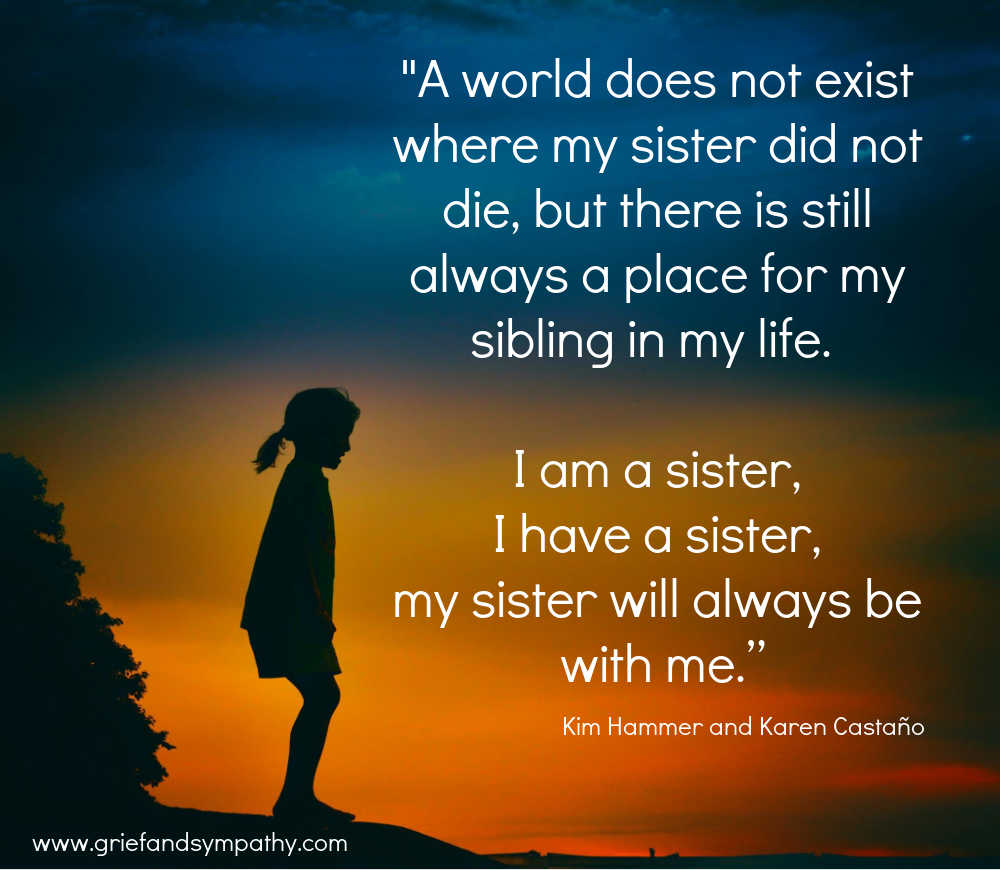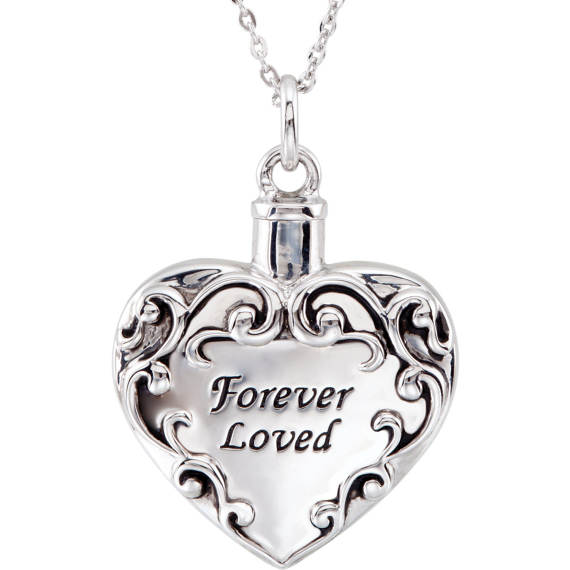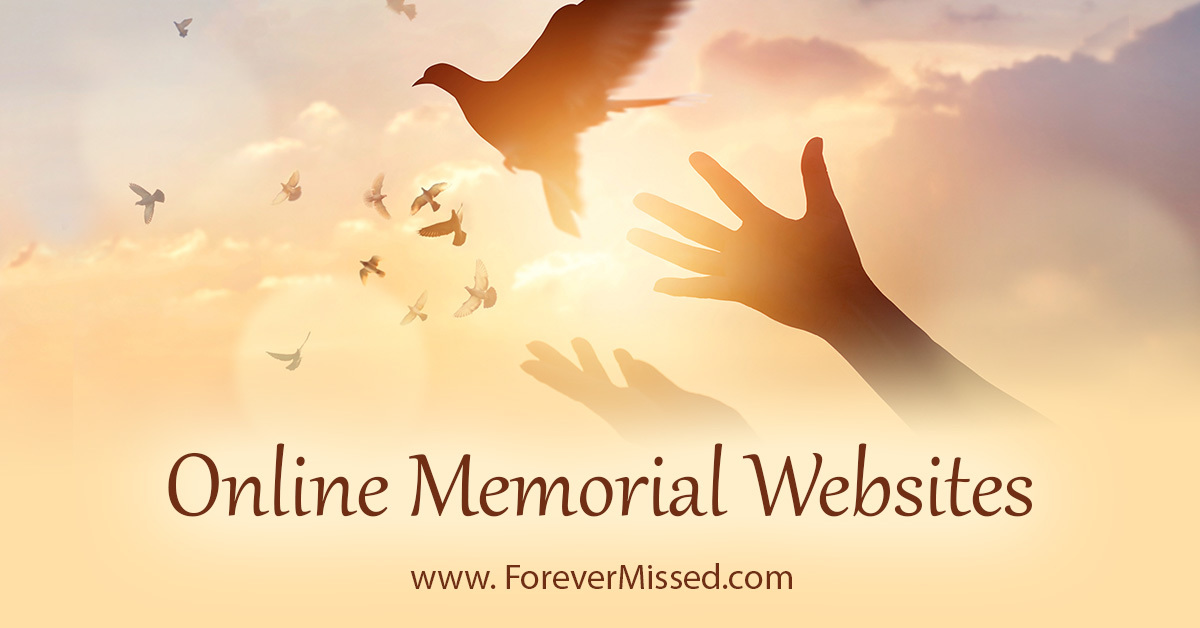The Grief of Losing a Sibling as an Adult
Karen Castaño – author at Compassionate Friends, with Lesley Postle – Editor of GriefandSympathy.com
Losing a sibling as an older adult feels like you've lost your past and your future. You can feel like you’ve lost your identity and your role within the family. Karen Castaño experienced this loss when she lost her own sister almost 20 years ago, and has given many talks and presentations about it for ‘The Compassionate Friends’ organisation.
In this article, Karen explained to us the different aspects of sibling loss and what you can do to survive this grief and find meaning in your life again after losing your sister or brother. In addition to re-adjusting to a new identity, Karen discussed grief competition between family members, how to live with survivor’s guilt, how to talk to others about the sibling you lost, and how to keep them alive in your hearts and minds into the future.

1. Survivor’s Guilt After Losing a Sibling
Survivor’s guilt is common in adults, perhaps even more so than when a child loses a brother or sister. In children, it’s often an undefined feeling of thinking that it might somehow have been their fault or something they did.
With adults, it can often take the form of ‘it should have been me’ and an inability to be able to enjoy yourself because you don’t deserve it if your sibling can’t be there too.
There are also so many ‘what ifs?’ especially when the death was an accident. What if I had gone there too? What if I had driven her home? What if I had gone to the shops instead?
This is something that I struggled with often in the beginning. I had spoken to my sister by phone the evening of her death. I asked if she was going anywhere that night and she told me that she had thought about going to a bar that was a regular hang out spot for us, but probably wouldn’t. We were scheduled to go to a large Halloween party the next evening so she thought it was probably best to just stay in. I told her to call me if she changed her mind and I would go with her.
She did end up leaving the house and going to the bar much later that night, and though it was only to pick up her friends who had been out and drive them home, the thought regularly tore through my mind that I should have been with her. That if we had just gone out together like we had talked about, then somehow, some way, I could have prevented this from happening.
Ways to Cope with Survivor’s Guilt
We have to learn to accept that it wasn’t our fault and the world would not be a better place if we traded places with our sibling.
We have to learn to forgive ourselves. Allow ourselves to practice self-love and self care.
Another good way is to feel like you include them in all the things you do in life, and do it for them, in honour of them, and in their memory.
2. Sibling Grief and Loss of Identity
You can also feel like you’ve lost the part of your identity which defines your role as a brother, or a sister. Whether you are the older or younger sibling, the scientific one or the artistic one of the family. We define ourselves in terms of our position in our family and that has irrevocably changed.
Your job as a brother or sister has gone, and often the other relationships you have within your family change too with that loss.
This aspect of loss can be greater the older you are when you lose your sibling and depending on how close you were and how much time you spent together.
You might wonder who you are now and it can be a struggle to re-find yourself. You have lost an anchor point and perhaps your support in life. You may feel a loss of sense of strength and balance.
The world as you know it, has simply changed. A fellow bereaved sibling, Kim Hammer, who I met and formed a lasting friendship with through the Compassionate Friends, has a statement that always strikes me as the most profound reminder of the change that has happened.
“A world does not exist where my sibling did not die”.
To that I would add, there is still always a place for my sibling in my life. For me, the mantra is “I am a sister, I have a sister, my sister will always be with me.”
3. Parent vs. Sibling Grief
One of the most common, and hardest things after the loss of a sibling is that grief can become a competition between the remaining child/children and the parents. You might hear: “you don’t know what it’s like to lose a child” and frequently people will ask you how your parents are but not how you are which can perpetrate the competition.
Of course, if you’ve lost a sibling you’ll know it’s just not true that the grief is not as hard for a sibling. It is just different but often siblings need to work harder to receive the respect and sympathy.
For me, the challenge was sharing the grieving space with my mother. I found it impossible to cry when she was upset and she found it difficult to stave off tears if I started to shed them. It caused a struggle in me because I needed to have a time to grieve and cry around my mother where she did not start to do the same, because it would always act like a shut-off valve to my own feelings. So we had to learn to take turns. It later became something we could laugh about and she might even grab sunglasses to hide a tear or two, but she would acknowledge my ‘turn to cry’ when I asked for it.
Some parents might expect the remaining sibling to shoulder the load. You might have to handle the funeral arrangements and informing family and friends. They might not realise the extent of your grief either and put a large burden of the responsibility on you because they simply can’t cope.
How to Cope with the Grief Competition
Allow yourself space to not be OK.
If you’re a sibling, you may be tempted to take on the responsibility or feel that you should. It’s good to create boundaries and really work out how much you are able to do without putting your own mental and physical health in jeopardy.
Realise that you can’t fix their grief or do it for them. No matter what you do, you can’t take away their pain.
When people don’t ask how you are, but how your parents are, a good answer is to say that you will need to ask my parents. I can tell you how I’m doing. Then tell them. Try to understand that they don’t mean it, they just don’t know what you are going through.
Finally, find support for yourself. Practice self-care even decades later.
Read more about parental vs sibling grief here.
4. Self Care and Finding Support After Sibling Loss
As an adult, you don’t feel like you can have meltdowns or get upset. We feel like we are supposed to have it together. People don’t expect us to need nurturing, especially years later, but as many of us know, grief is always there, even if it is deeply buried and we don’t take it out and look at it very often. It changes and surprises us when we reach milestones in life, or face challenges. That’s when we might need extra support or to do something different as a form of self-care.
We need to find safe ways to act out instead of those meltdowns, to let it all out, to express ourselves. Sometimes doing something a bit unusual for you can be the answer – take a trip, take up a new hobby like pottery or bungee jumping or rock climbing. Do something you’ve always wanted to do.
A few years after my sister’s death, I took a solo trip to London. I spent a week there on my own and I spent my days exploring the city – its museums, parks and pubs, getting lost often in the maze of winding streets. I made friends with strangers, ate alone, went to a show. I had never travelled by myself before and it was such a freeing experience for me. Never once did I feel completely alone, as though my sister was beside me, cheering on the normally cautious sibling, who had taken a leap.
Good ways of finding support when you need it are to find a safe space or a safe person. The Compassionate Friends Facebook groups are a good safe space.
Alternatively, take it out into the real world. Maybe try it out on someone you don’t know as well. Best friends might be too close to it and over it.
5. Moving Forward but Including Your Sibling in Your Life
We all need to treasure the memories of our lost loved ones, and keeping them alive with rituals or memorials is a really helpful way to learn to live with our grief. But how do we include them in our lives going forward? One big question that might arise: how do you include your dead sibling in your wedding?
I decided to still have my sister as my Maid of Honor, in absentia. Her best friend carried her bouquet down the aisle just before the wedding processional began and placed it in a holder near a photo of Wendy fixed into a floral arch. On my bouquet I carried a small photo of the two of us together in a charm attached to the ribbon and during the recessional, the Best Man carried Wendy’s bouquet out with him in lieu of escorting a bridesmaid. For me, it was a symbolic way to bring her presence into the wedding ceremony with us without overwhelming the day.
You can read all about Karen's wedding in this article from the NY Times.
6. How to Talk about Your Lost Siblings
People find it weird or uncomfortable to talk about your sibling who died and often will have an expectation that you should have moved on.
They might be worried that you are going to break down, so if you do talk about your brother or sister, it can be helpful to reassure the person that you are OK talking about them. You shouldn’t have to worry about making other people uncomfortable. It’s more their problem than yours if they are, but people might just surprise you and be fine with it.
A stranger might be an easier person with whom to just bring up your sibling and tell a story if you’re afraid to do so. Share the fun stories, the happy memories. It’s perfectly alright to tell stories about your sibling without necessarily telling people that they are no longer alive.
But pick the people you trust the most for the tougher stuff. Groups on Facebook are very good for that kind of thing if you don’t have a family member or best friend.
7. Helping People Who Didn’t Know Your Sibling Get to Know Them
There will definitely come a time when other people want to know about the brother or sister you lost. It might be a new partner who never met them, or your children when they get older. It can be a painful thing for you to talk to them, or to describe them, but there are some good ways that can help.
Make a video or scrapbook about your sibling so you can introduce them to those who would like to get to know them.
With today’s technology there are all kinds of ways of preserving all the memories in a safe way. You can easily have old photos scanned these days, and old videos transferred from VHS to DVD or onto your computer. You can make professional looking photo books which would be a lovely memorial, or make memorial websites online including their favourite music.
If you enjoy writing, you could write a journal of memories and stories from your youth.
It can be very therapeutic and a way to feel close to your sibling to create these types of memorials.
We are grateful to Karen for sharing her experiences and stories. You can read another article by Karen about her experience of losing her sister here.
Related Pages:
Parental vs Sibling Grief - When Grief Becomes a Competition
Interview with Jo Pullan about the Loss of her Sister in Adulthood
At 17, Grieving the Loss of My 10 Year Old Sister to a Brain Tumour
Grieving the Loss of a Brother
Loss of Brother in a Fire Accident
Advice from Dr Christina Hibbert on Losing a Sibling
Where to get help:
Have You Considered One-on-One Online Grief Counseling?
Get Expert and Effective Help in the Comfort of Your Own Home
The following information about online counseling is sponsored by 'Betterhelp' but all the opinions are our own. To be upfront, we do receive a commission when you sign up with 'Betterhelp', but we have total faith in their expertise and would never recommend something we didn't completely approve.
Do you feel alone and sad with no support and no idea how to move forward? It can be tough when you are stuck in grief to find the motivation to get the most out of your precious life.
Online counseling can help by giving you that support so you don't feel so alone. You can have someone to talk to anytime you like, a kind and understanding person who will help you to find meaning in life again, to treasure the memories of your loved one without being overwhelmed and to enjoy your activities, family and friends again.
- Simply fill out the online questionnaire and you will be assigned the expert grief counselor most suitable for you. It only takes a few minutes and you don't even have to use your name.
- Pay an affordable FLAT FEE FOR UNLIMITED SESSIONS.
- Contact your counselor whenever you like by chat, messaging, video or phone.
- You can change counselor at any time if you wish.
- Click here to find out more and get started immediately.
- Or read more about how online counseling works here.
Sales from our pages result in a small commission to us which helps us to continue our work supporting the grieving.
Hypnosis for Grief - 10 Ways It Can Help You
Try a gentle hypnotherapy track to relax the mind. Learn how self-hypnosis can help you cope with grief at any time of the day or night.

For Remembrance:
Sales from our pages result in a small commission to us which helps us to continue our work supporting the grieving.
Memorial Jewelry to Honour a Loved One
Check out our lovely range of memorial jewelry for any lost loved one. Pendants, necklaces, rings or bracelets, we have them all in all kinds of styles. Choose for yourself or buy as a sympathy gift.
Create an Online Memorial Website
Honour your loved one with their own memorial website. Share photos, videos, memories and more with your family and friends in a permanent online website. Free for basic plan with no ads.
- Grief and Sympathy Home
- Loss of Siblings








